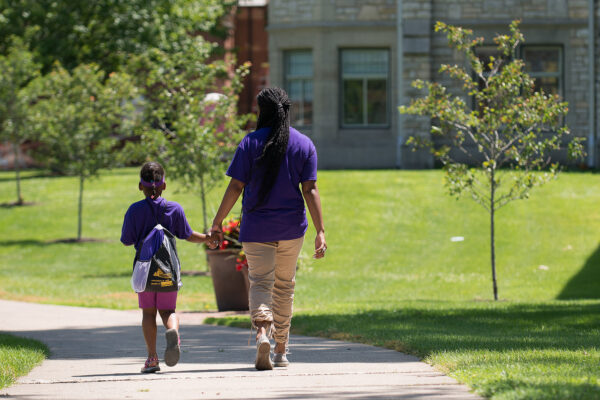From Non-Traditional Learners to the New Traditional Learners: Investing in America’s Future Workforce
Title: Online by Design: Improving Career Connection for Today’s Learners
Authors: William Carroll and Brenae Smith
Source: The Center for Higher Education Policy and Practice
The Center for Higher Education Policy and Practice (CHEPP) recently published a report on building new career services and strengthening work-based learning strategies for the ever-growing share of adult, working, and online learners at colleges and universities.
CHEPP found that “new traditional learners”—about one-third of all students who are adults, around two-thirds who work while enrolled, and more than half who take online courses—face growing barriers to the traditional in-person career services offered by four-year institutions. Research shows that work-based learning improves career and employment outcomes, but these opportunities are often out of reach for online learners and working adults who cannot give up their course format, work schedules, or wages to participate.
The report presents a taxonomy of career connection strategies that highlights effective programs colleges can adopt and integrate into the curriculum to better serve new traditional learners.
Some of the key strategies in the taxonomy include:
- Workforce-aligned curriculum: Learning outcomes of a program are mapped to specific career skills and competencies.
- Career exploration, exposure, and skills assessment: Institutions can create individualized and efficient pathways towards student career goals based on prior learning, work experience, and certifications.
- Career services and advising: Institutions can utilize community employer partnerships to provide more meaningful resume development, professional development, and career exposure programming.
- Work-based learning: Institutions are responsible for alleviating barriers to entry in work-based learning that affect new traditional learners, like adequate compensation, connecting students with relevant and authentic work experience, and comprehensive supports through mentorship.
The report concludes that ultimately, better data is needed to inform institutions and policymakers which strategies are most effective. CHEPP also finds that while there are substantial trade-offs when prioritizing new traditional learners, bolstering the integration and accessibility of career connection strategies will strengthen the nation’s workforce.
Read the full report here.
—Harper Davis
If you have any questions or comments about this blog post, please contact us.

